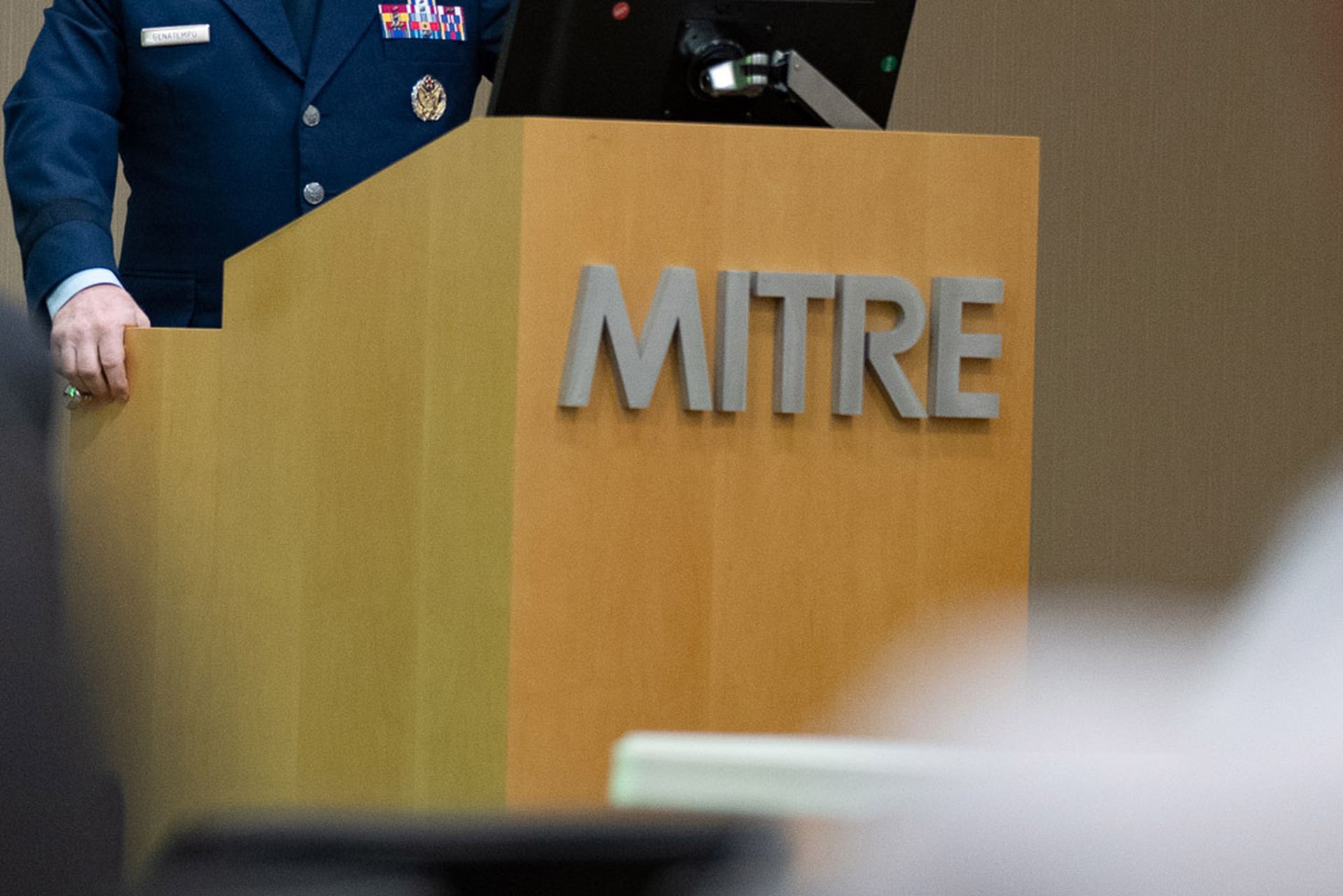The Israel-Hamas war, also referred to as "Iron Swords," began October 7, 2023. Since that time, the conflict has impacted many cybersecurity and technology providers, including Check Point Software Technologies.
Check Point, a Tel Aviv, Israel-based cybersecurity company, has conducted research into cyberattacks in the initial days of Iron Swords. Here are some of Check Point's findings:
There have been hundreds of claims of distributed denial-of-service (DDoS) attacks registered by dozens of hacktivist groups, but most of these attacks have had "only minor effects, if at all."There have been claims of hack-and-leak and defacement activities against Israeli websites and organizations that have been posted on various channels. Most of these cases have been proven to be reposts of old leaks or publicly available data.Several groups claimed to have hacked, stolen and published data from Israeli entities, but most of those claims are unconfirmed.Major Russia-affiliated hacktivist groups have increasingly posted, reposted and quoted abusive content against Israel and Israeli interests since the start of the war. Cyber warfare will "play a pivotal role" in Iron Swords, Check Point noted. As such, global organizations must enhance their cyber defenses, prioritize system updates and refine their cybersecurity protocols.
Cybersecurity Do's and Don'ts in Times of War
Wars and other conflicts require organizations to "take extra special care and attention in any online activity," Check Point said. At this time, Check Point is encouraging organizations to remain alert and aware about cyber threats. It also provides several cybersecurity do's and don'ts, including:
Do's
Remain vigilant when receiving messages via email, text messages or online, as any message can be malicious or contain a link to malware.Interact only with known senders.Look for unusual or unfamiliar URLs.Keep computers and software up to date.Apply security patches.Enforce a strong password policy.Require multi-factor authentication (MFA).Teach employees about attacks that cybercriminals use to steal users' login credentials. Don'ts
Download software or apps from untrusted sources.Download apps for iOS or Android devices from trusted official sources only.Click on unfamiliar links.Overlook security patches or wait too long to deploy them. The Israel-Hamas war is ongoing. MSSPs and other cybersecurity and technology providers can continue to follow the news regarding the conflict and explore opportunities to show their support to fellow members of the cybersecurity community, their customers and others that may be affected.
Read more MSSP Alert coverage of the Israel-Hamas war.



